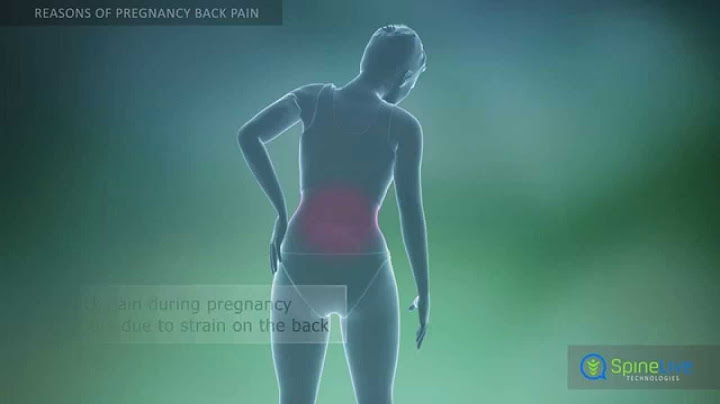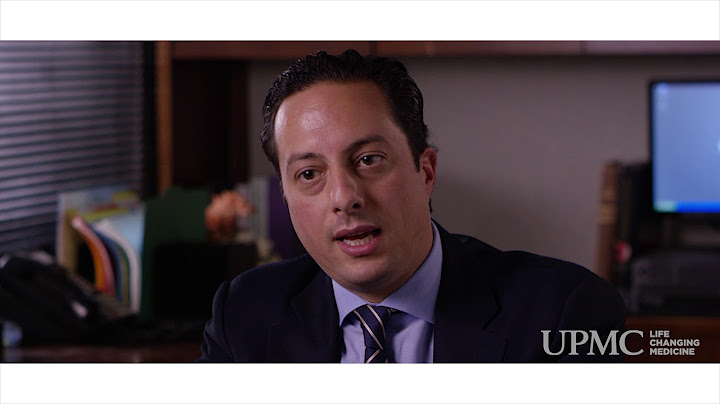It can take up to 2 weeks to recover from the surgery for having your wisdom tooth or teeth removed. During this time, you may have: Report any excess bleeding, severe pain or any
other unusual symptoms to your dentist or oral surgeon immediately. To reduce pain and aid your recovery, it can be helpful to: It's usually recommended that you take a day or two off work after having a wisdom tooth removed. You won't need a sick note from your doctor or dentist for this. You can drive immediately after the procedure if local anaesthetic was used, but you should avoid driving for at
least 24 hours if a sedative was used, or 48 hours if the procedure was carried out under general anaesthetic. Returning to normalAfter your wisdom teeth have been removed and any swelling and bruising has disappeared, your mouth and face should return to normal. You'll usually be able to brush your teeth normally after a few days. Make sure you finish any course of antibiotics you've been given. A check-up appointment may be arranged for about a week or so after the procedure. At this point, any remaining stitches may be removed. Page last reviewed: 17 May 2021
What to Expect: The First Days After Wisdom Teeth Removal The important thing to remember is that your body will heal slowly and incrementally in the days after surgery. Do not try to rush back into your normal routine. Take it slow as you move back to solid foods and your normal oral hygiene routine. Plan to stay home from work or school for at least two to three days, and read our recommendations below, so you know what to expect. Do you need Southlake wisdom tooth removal for yourself or your child? Colleyville oral surgeon Dr. Chris Tye serves the greater Fort Worth and Southlake area. Call us at 817-552-3223 to learn about Dr. Tye’s unique qualifications as an oral surgeon and dentist. The Day of SurgeryMany patients don’t realize how critical the first day of after-care is for proper healing. One of the reasons why recommend patients go home and rest on a sofa or recliner after their surgery is because being asleep is a great way to leave your mouth alone! When the mouth is too active or the surgical site is disturbed, it can prevent the blood from clotting properly, which is critical to healing. Trying to use your mouth as-usual in the hours after your surgery can lead to excess bleeding and dry sockets. It’s really best to just pretend you don’t have a mouth for the first few hours, and leave it alone. What to do:
What not to do:
In the Days After SurgeryUnfortunately, healing will not take place overnight. Getting back to normal will be an incremental process that occurs over a period of many days. What to do:
What not to do:
Remember, the first two days after surgery are usually the worst. On the first day, the sedatives and painkillers used during surgery are still in your bloodstream, so you won’t feel as much pain as you will on day two. When to Call Our OfficeIf you experience excessive bleeding after the first day, let us know. Some slight oozing and bleeding is normal in the days after surgery, but fresh blood flow or pus is not normal. If, at any point, your experience deviates from what we have told you to expect, trust your gut and give us a call to see if it’s within the normal range of symptoms. Less Common Complications: Dry Sockets and SequestraIf the blood does not clot properly at the site of a wisdom tooth extraction, you may wind up with exposed bone that causes severe pain. Dry sockets usually become evident about two days after surgery, and the pain may worsen and radiate to the ear. If you experience severe pain that gets worse rather than better, call us so we can provide treatment for this condition. Some patients will experience bone fragments or slivers (sequestra) that make their way out of the extractions sites in the days and weeks after surgery. This may happen several days after you feel like you’ve gotten back to normal, so don’t be surprised if you experience sudden pain at one site or another. If you feel soreness, inflammation, or sharp fragments that irritate the gums or tongue, call our office and we can remove the sequestra for you. Do you need Southlake wisdom tooth removal? Colleyville oral surgeon Dr. Chris Tye serves the greater Fort Worth and Southlake area. Call us at 817-552-3223 to make an appointment for a wisdom teeth extraction consultation. What is the most painful day after wisdom teeth removal?The pain and swelling should subside more and more each day following surgery. The second day following surgery is usually the worst day for swelling. If your post-operative pain or swelling worsens or unusual symptoms occur call my office for instructions.
How long does intense pain last after wisdom teeth removal?Pain after wisdom tooth extraction usually lasts from 3 days to one week, unless you experience an infection or dry socket, which happens when the blood clot gets dislodged from the extraction site.
When does wisdom teeth pain peak?1-3 Days After Surgery
During this time, you should avoid heavy exercise and exertion. After about 2-3 days, you can usually start eating slightly more solid foods like mashed potatoes, applesauce, pudding, and jello. Pain and discomfort tend to peak and then fade within 1-3 days after surgery.
Should I still be in pain 3 days after wisdom teeth removal?Dry socket
This can happen 3 to 5 days after surgery. The empty socket causes an ache or throbbing pain in your gum or jaw, which can be intense like a toothache. There may also be an unpleasant smell or taste from the empty tooth socket.
|

Related Posts
Advertising
LATEST NEWS
Advertising
Populer
Advertising
About

Copyright © 2024 chuyencu Inc.















